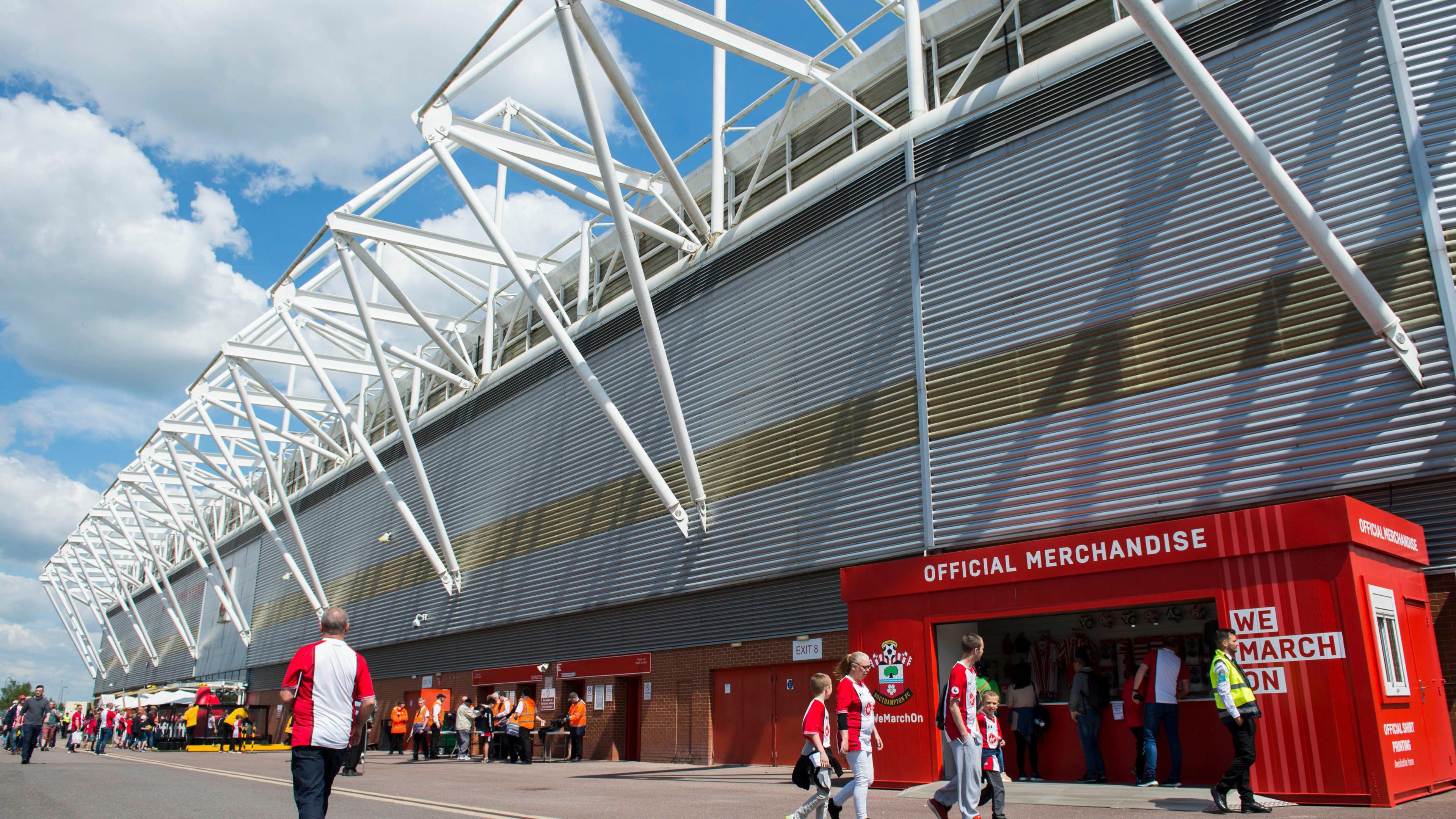Tackling the hooligans - the role of the 'spotter'
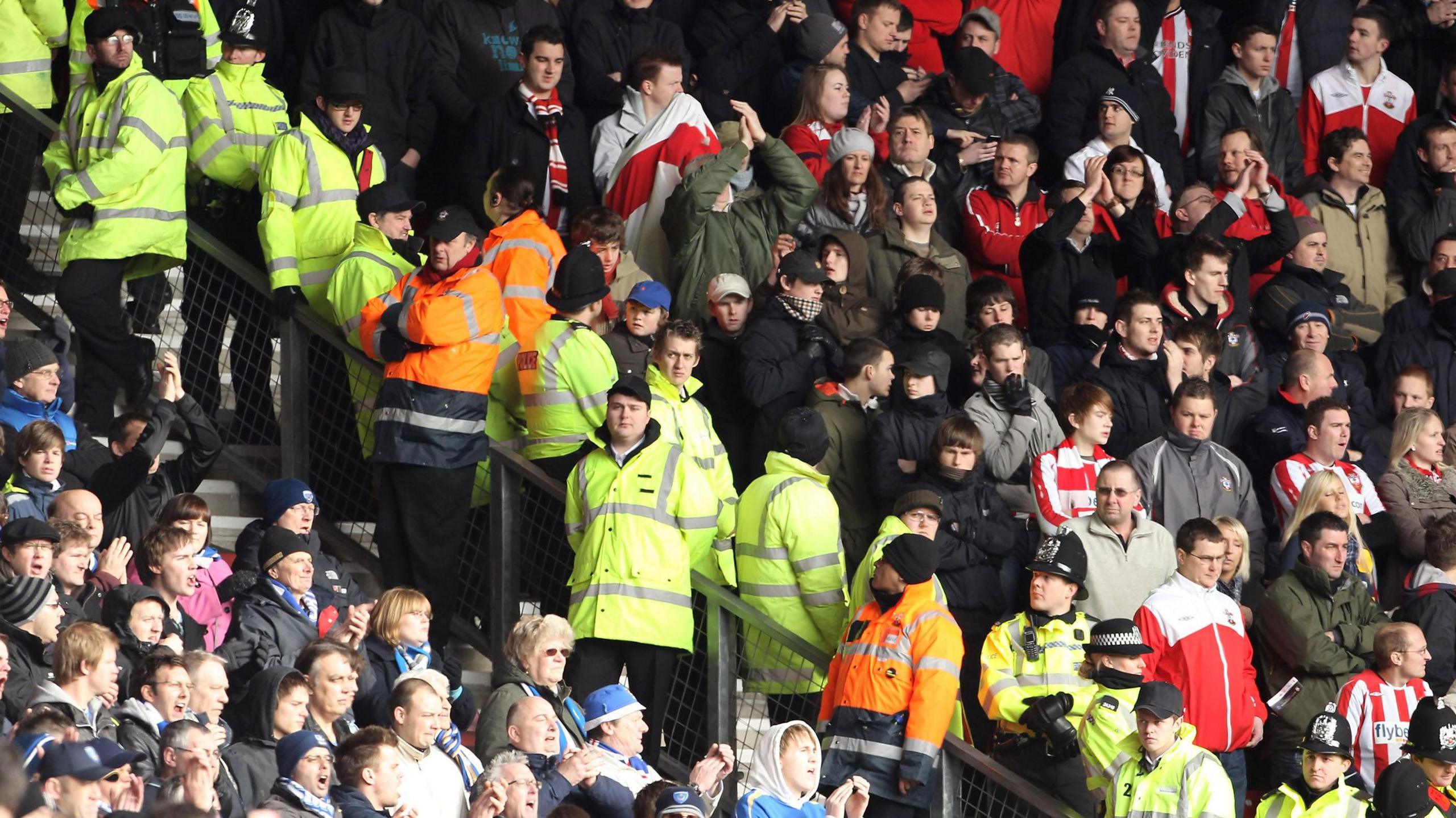
Police spotters are deployed to prevent disorder in and around football matches
- Published
For former police sergeant Jen Banfield, match days meant early starts to trail football supporters in a bid to prevent any outbreaks of violence.
She spoke to the BBC about her past role as a Thames Valley Police spotter, giving an insight into police intelligence gathering on would-be troublemakers among Reading supporters.
Now retired, the lifelong Southampton fan also has a keen interest in the policing of Sunday's derby match against south coast rivals, Portsmouth.
With a history of clashes between the two sets of supporters, the teams meet for their first league match in 13 years on Sunday.
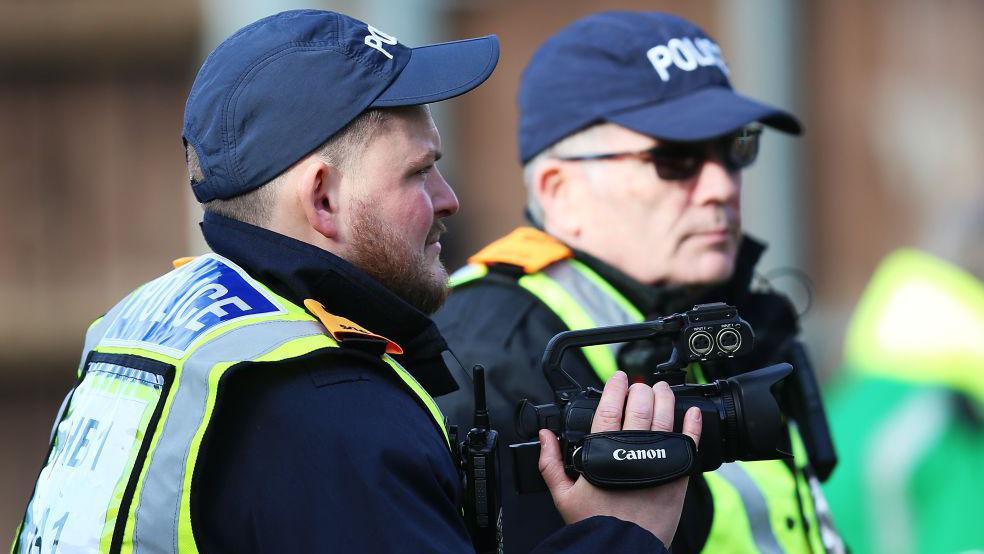
Police spotters were deployed at a match between Oxford United and Reading in 2024
Ms Banfield's role with TVP's Football Unit on match days was to follow - in police intelligence speak -"core nominals".
"They are fans that would 'die for the club'. They like the rivalry and are not opposed to the odd scrap," she explained.
She gives an example of a typical Saturday - a hypothetical away match against Wolves.
"The spotters will get up at five in the morning, drive up to Wolves and we will liaise with Wolves police spotters.
"Then we will go and find the core nominal groups."
The objective of the spotters is simply to "do our best to keep them apart".
"They know we're there. They know our names - we see them week in, week out.
"We don't form friendships but we form alliances because some of them will talk to us - saying 'yeah there might be something kicking off at 5.30 around that corner there'."
"The points that you're going to get possible fights are walking into the ground and also at the station.
"That can be quite a crunch point because you've got fans coming from all over the place.
Once fans are inside the ground, she said the match itself was "probably your quietest period" of the day.
"After the game you're back on their tails. You're following them and you try to encourage them to move to the station.
"Once they're on the train, your job as a spotter is done."
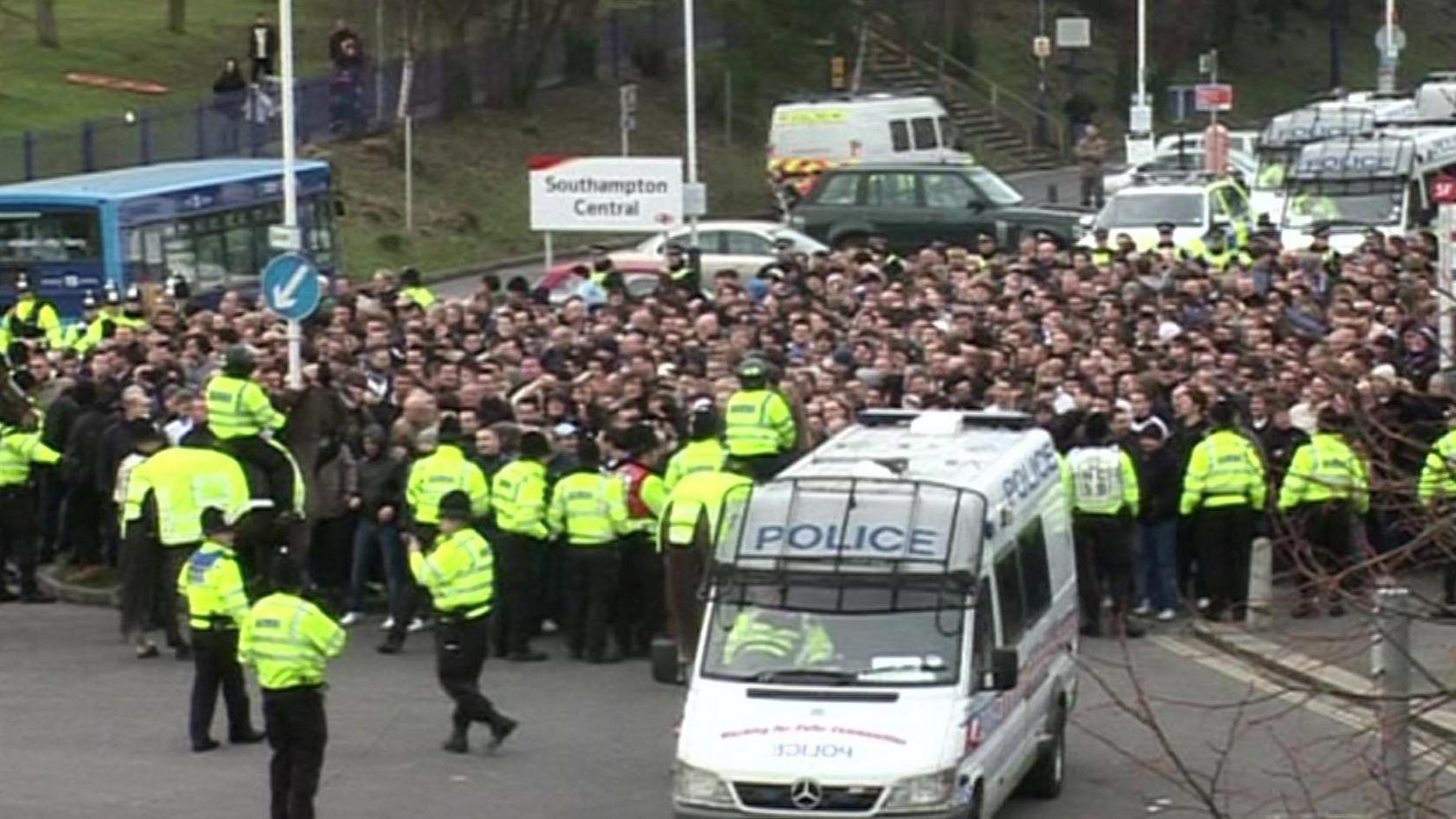
There have been clashes at the most recent matches between Southampton and Portsmouth
In the 1970s and 80s, violence was commonplace in and around grounds as hooliganism became the scourge of English football.
Although it waned in subsequent decades, in recent years, the number of football matches in England and Wales with reported incidents of disorder has been on the rise.
Home Office figures show the number of reported incidents rose from 1,341 in 2023-24 to 1,583 last season.
Ms Banfield says the nature of the problem has changed and moved away from stadiums.
"I do think that some of these people, they're not out to hurt anyone else. They just want to get at that other nominal group and have that big rivalry."
While police now have access to drones and CCTV, Ms Banfield warns those organising violence also have new social media tools.
"Whereas before, stuff would be decided on Saturdays and we'd see them in the pubs.
"I think now it is slightly done behind closed doors with WhatsApp and Snapchat.
"So it is a challenge that I guess at the moment the police are probably on the back foot with."
As a Southampton fan, the Portsmouth match was the first Ms Banfield looked for when the Championship fixture list came out.
The bitter rivals have met once more recently in an EFL Cup tie at Fratton Park in 2019.
Ms Banfield said although police planning for a local derby was "updated on a regular basis", the reaction of most officers would have been "oh no, that's holidays cancelled".
"Hampshire police will know where the core nominals are.
"They'll know who they are, where they come from and they'll know them face to face."
Sunday's match will see Pompey fans bused straight to and from St Mary's Stadium, something which Ms Banfield believes makes derby days "a lot safer".
Nevertheless, she says there is always the potential for "pockets of trouble".
"I do think there will be people that travel from Portsmouth who perhaps aren't even going to go to the game.
"And of course, once they get a few beers in them, it becomes more about the violence.
"So let's just hope the police have got their intelligence right and they're on it."
Get in touch
Do you have a story BBC Hampshire & Isle of Wight should cover?
You can follow BBC Hampshire & Isle of Wight on Facebook, external, X (Twitter), external, or Instagram, external.
- Published12 September
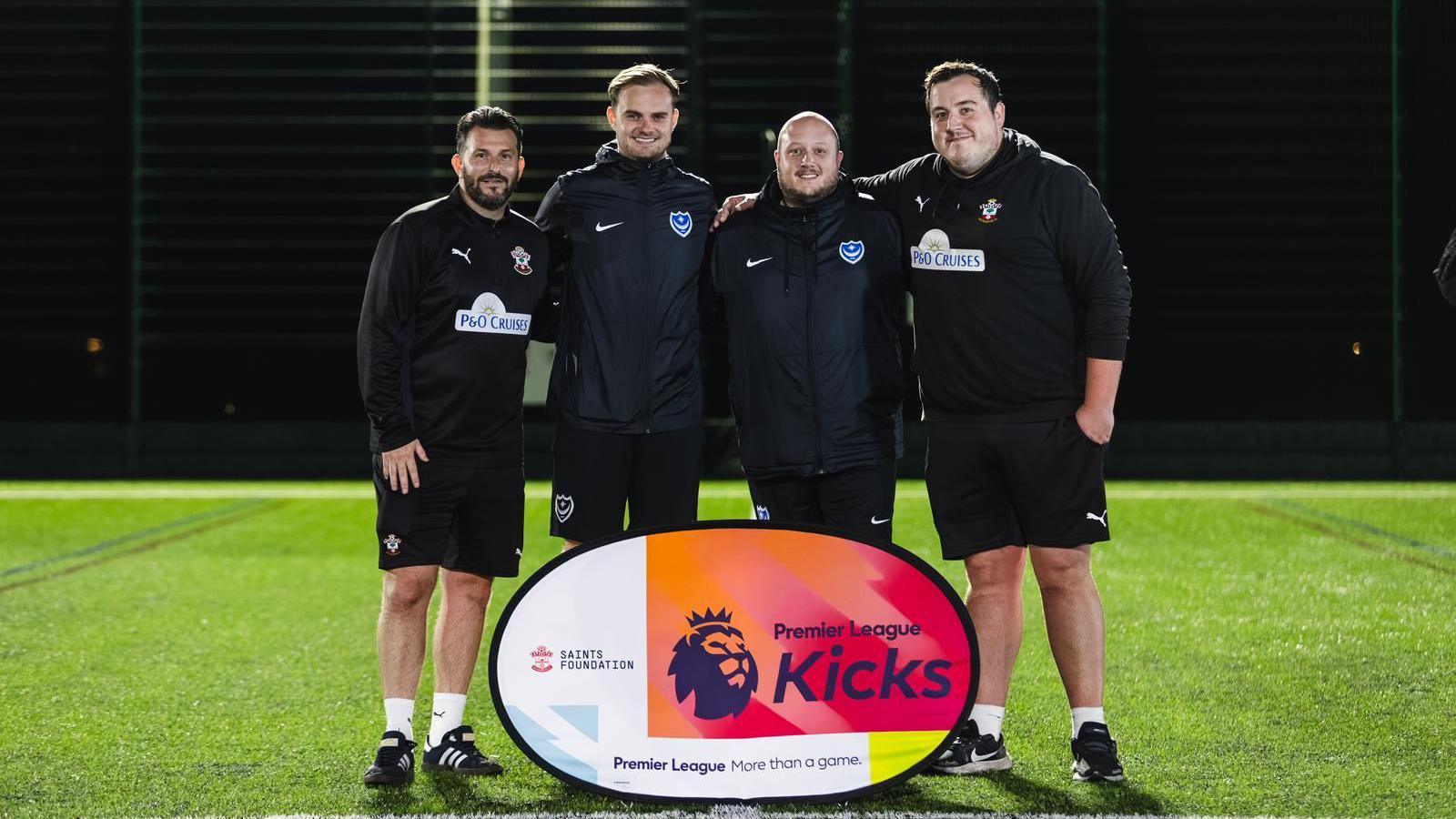
- Published8 September
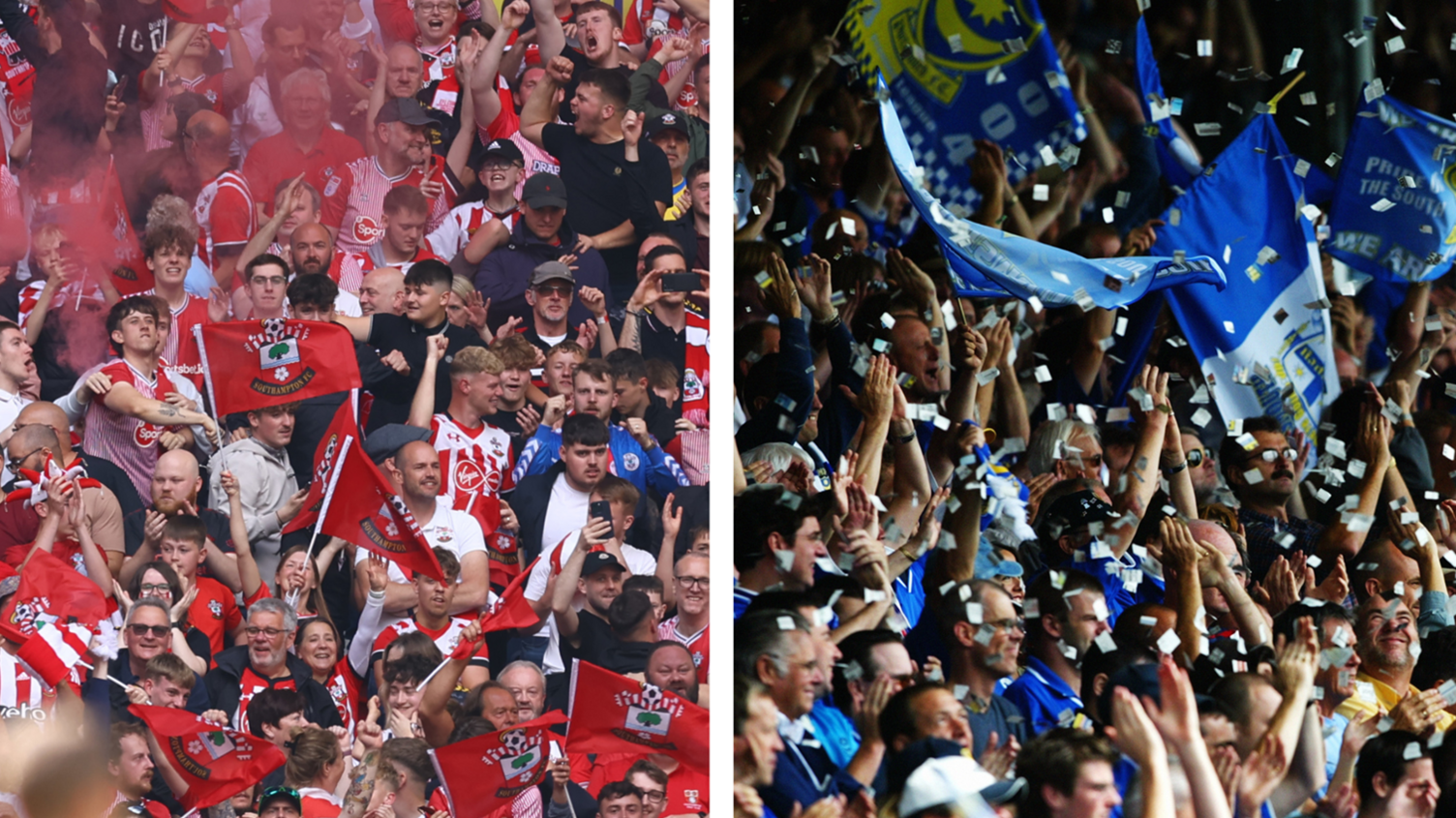
- Attribution
- Published4 July

- Attribution
- Published26 August
